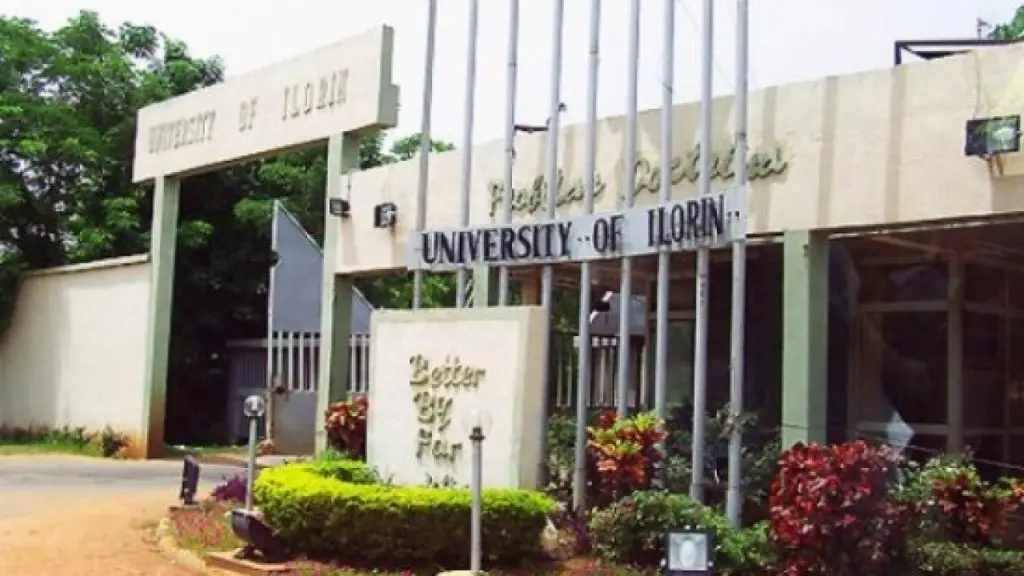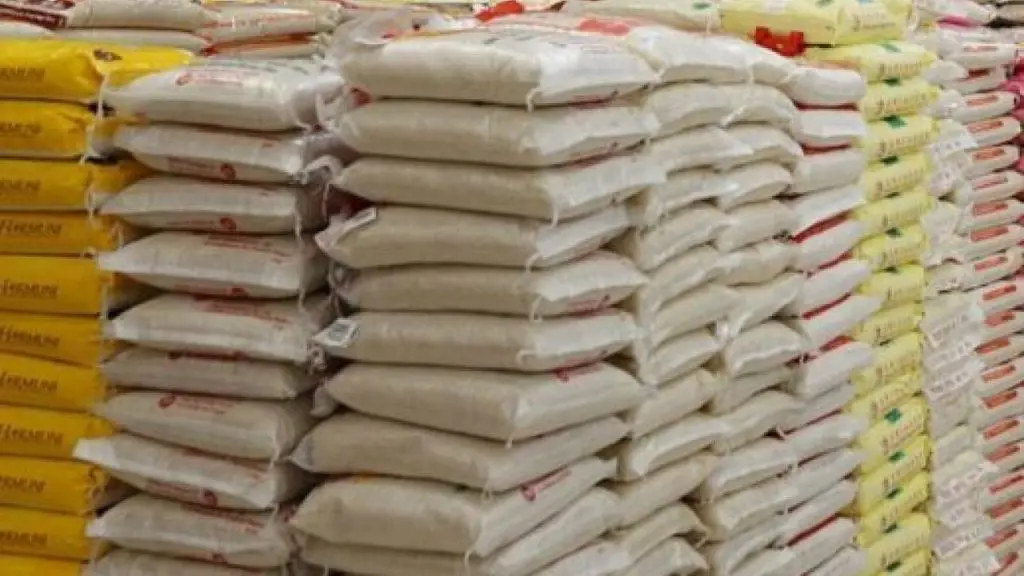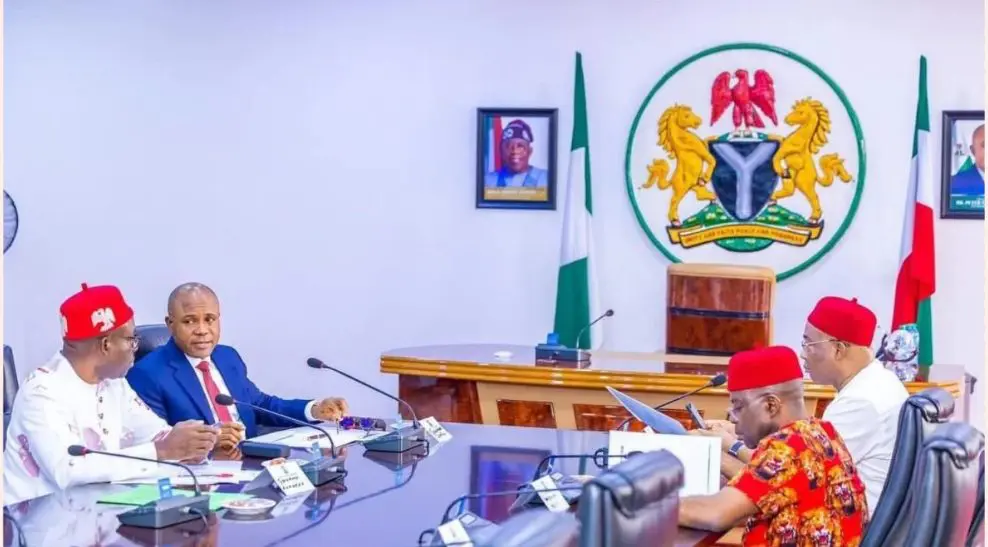News
Subsidy removal: Nigerians facing difficulty accessing food items – Expert

Professor Abdulazeez Lawal, a lecturer in the Department of Agricultural Economics and Farm Management at the University of Ilorin (UNILORIN), has argued that the removal of fuel subsidies and the floating of the exchange rate have created challenges for many Nigerians in accessing food items.
Lawal made this assertion during his presentation at the 244th UNILORIN Inaugural Lecture, titled ‘Making Ends Meet With Food Security.’ He cited data from the Nigeria Bureau of Statistics (NBS), which revealed that the consumer price index increased from 22.22 percent to 24.41 percent between April and May 2023.
He pointed out that the food inflation rate rose from 24.61 percent in April to 24.82 percent in May 2023, representing a 5.33 percent point increase compared to the 19.5 percent recorded in May 2022.
The professor, who teaches in UNILORIN’s Faculty of Agriculture, noted that an estimated 17 million people were at risk of food insecurity in October 2022. He emphasized that unless immediate measures are taken to address the ongoing surge in food prices, Nigeria will continue to grapple with acute food insecurity.
Lawal stressed the significance of agriculture as a crucial component of the global food system, with substantial socio-economic importance for many countries, including employment generation, nutrition, and rural development. He highlighted that agriculture is likely to be the primary driver of economic and social development in the near future for numerous nations.
He also pointed out that smallholder farmers are responsible for over 80 percent of the world’s food production, and people living in rural areas are particularly vulnerable to food insecurity due to limited access to food and financial resources.
With over 200 million people in Nigeria, approximately 80 percent depend on small-scale agriculture for their food requirements. Lawal recommended the improvement of agricultural production and rural livelihood activities to enhance food supplies and increase the income of farming households.
Furthermore, he advised governments at all levels to enhance funding and effectively implement food security programs. He called for policy strategies that promote technology transfer and the adoption of modern farming techniques by smallholder farmers.
Lastly, the agriculturist urged the government to prioritize the security of lives and property by implementing development and peace-building policies in conflict-affected areas.
News
Why rice price is decreasing in Nigeria – Millers

The Association of Rice Millers has attributed the nationwide decline in rice prices to the reopening of the Nigeria-Niger border. Jonathan Joshua, the chairman of African Rice Millers in Nasarawa, conveyed this information in a statement.
Joshua, who also serves as the national president of the Association of Small-Scale Agro Producers in Nigeria, highlighted that the price of rice is anticipated to decrease even more in the next couple of months with the onset of harvest.
“Some mills that ceased operations due to a shortage of paddy last year and earlier this year are now resuming production as they can easily acquire the grain from neighboring countries following the reopening of the Nigeria-Niger border,” he stated.
“We anticipate further decreases in paddy prices when farmers begin harvesting in two months,” he added.
Despite the inflation rate rising to 33.20 percent in March 2024, rice prices have decreased by 19 percent.
News
Dislodged criminals relocating to rural communities – Abia govt alerts citizens

The Abia State government has reported that suspected criminals, who were previously displaced from their hideouts by the state’s joint security team, Operation Crush, are now relocating to other parts of the state, particularly rural communities, in order to evade detection by law enforcement.
This relocation, as stated by the state government, aims to avoid potential identification by security forces. The concern was raised over the weekend by Navy Commander Mac Donald Uba (Rtd), the Special Adviser on Security Matters to Governor Alex Otti, in a press release.
Uba urged residents of Abia State to remain vigilant regarding the movements of such criminal elements in their vicinity. He also appealed to traditional leaders, Presidents-General, village heads, and village chairmen to promptly report any suspected criminals or individuals with questionable backgrounds to the nearest police station or other security agencies.
News
RUGA: South-East governors living in deceit, denial – Intersociety

The International Society for Civil Liberties and Rule of Law (Intersociety), a non-profit organization dedicated to human rights and democracy advocacy through research and investigation, has accused South-East governors of proceeding with the establishment of Fulani herdsmen settlements across the region.
In a statement provided to DAILY POST on Monday, Intersociety alleged that many of these governors had their elections manipulated and were now executing the agenda of influential figures.
The statement, signed by Emeka Umeagbalasi, Chair of the Board; Chinwe Umeche, Head of Democracy and Good Governance Program; Obianuju Igboeli, Head of Civil Liberties and Rule of Law; Ndidiamaka Bernard, Head of International Justice and Human Rights; Ositadinma Agu, Head of International Contacts and Mobilization; and Chidinma Udegbunam, Head of Campaign and Publicity, warned of dire consequences if South-East lands were handed over to herdsmen.
Intersociety cautioned that the actions of the governors could potentially transform the South-East into a region prone to jihadist violence similar to Benue, Plateau, and Southern Kaduna. Despite previous warnings, evidence suggests a looming threat to the security and safety of the South-East and its inhabitants, particularly regarding freedom of religion, particularly Christianity.
The organization accused the governors of facilitating the influx of Fulani jihadists and their allies into the region, armed with illegal weapons and enjoying impunity. It suggested that the governors’ actions were motivated by their desire to maintain power, even at the cost of compromising the security and religious identity of their constituents.
Intersociety highlighted a statement by the National Leadership of the Miyetti Allah Cattle Breeders Association of Nigeria as evidence of the governors’ complicity in ceding lands to herdsmen. It noted that communal lands, forests, and farmlands in indigenous Igbo areas had been invaded and seized by Fulani herdsmen, armed with illicit firearms.
Furthermore, the organization criticized the biased stance of the Anambra State Government and accused the Enugu State Government of coercing communities to surrender their lands for Fulani settlements.
Intersociety alleged that the Enugu State Government had issued veiled directives to communities, such as Elugwu-Akwu, to hand over their lands for settlement, demonstrating a disregard for the welfare and interests of their citizens.
-

 World News7 months ago
World News7 months agoWhat we know about Israel’s war with Hamas
-

 Sports7 months ago
Sports7 months agoLaLiga: Everyone want to play with him – Vinicius on player Real Madrid should sign
-

 World News7 months ago
World News7 months agoIran calls on Islamic, Arab countries to confront Israel
-

 Tech7 months ago
Tech7 months agoTop 10 AI Skills to Learn in 2023
-

 Entertainment7 months ago
Entertainment7 months agoBET Hip-Hop Awards: Black Sherif wins big as Burna Boy loses seven nominations
-

 Entertainment6 months ago
Entertainment6 months ago‘Black Panther’ star Lupita Nyong’o breaks up with boyfriend, Selema Masekela
-

 ICT8 months ago
ICT8 months agoApple Bows To EU, Unveils iPhone With USB-C Charger
-

 World News7 months ago
World News7 months agoZelensky seeks defences for winter on visit to NATO




